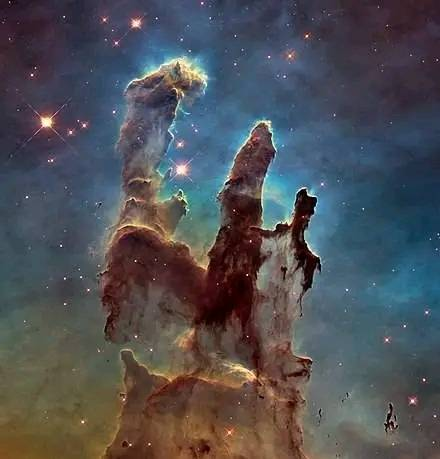Hubble Space Observatory

The Hubble Observatory was launched in 1990. It was noted that the primary mirror was placed incorrectly, and this affected the observatory's capabilities. The space observatory was reset to the required quality level after the launch of the STS-61 repair mission to maintain the observatory in 1993.
Hubble is the only observatory designed to be maintained in space by astronauts. Between the years 1993 and 2002, four missions were launched to repair, develop and replace the observatory's systems, and the fifth mission was canceled for safety reasons after the Space Shuttle Columbia disaster. In any case, after discussions, NASA Administrator Michael Griffin agreed to a final maintenance mission that ended in 2009. The observatory is still in operation in 2019, and is expected to continue operating until 2030-2040.
The scientific successor to the Hubble Observatory is the James Webb Space Telescope, which is scheduled to be launched in March of 2021. On Friday, June 17, 2021, NASA revealed that the telescope had suffered a malfunction, which led to its stopping after it had been in space for 30 years, and announced that the cause of the telescope’s malfunction was The computer that controls its devices stopped working and the restart test failed the next day. It is likely that the problem is in a damaged memory unit.

34 years ago, on 4/24/1990. The Hubble Telescope was launched into space to redefine how we view the universe. The Hubble Telescope, which is one of the most important astronomical instruments in history, plays an important role in our understanding of the universe and expanding the horizons of human understanding of it. Thanks to its ability to observe celestial bodies with unparalleled accuracy, The Hubble Telescope contributed to achieving tremendous scientific discoveries and expanding the horizon of human knowledge. Among his notable achievements are:
1. Measuring the age of the universe.
2. Discovery of massive black holes.
3. Documenting the expansion of the universe.
4. Study of planets outside the solar system.
Source: websites

